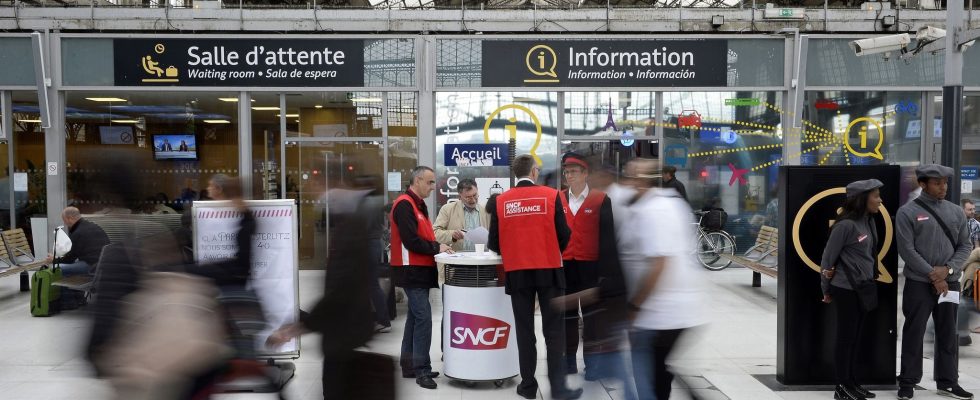The end-of-career agreement signed on April 22 by SNCF management with four unions exempts drivers and controllers from the effort that the last pension reform had demanded of all French people: working longer to restore the balance of the general system.
We are no longer even surprised that this exceptional regime, tailor-made for railway workers, was extorted under the threat of yet another strike, as the process is part of the long tradition of “social dialogue” within the House.
We are surprised, on the other hand, that the Minister Delegate in charge of Transport brandishes, on the antenna of BFMTV, the following argument to justify this leonine text: “The SNCF is a private company, which must respond to competition issues The taxpayer will not be contacted. This is a company agreement, which only concerns the SNCF company.”
Formally, Patrice Vergriete says the truth: in its first article, the law of June 27, 2018 for a new railway pact indeed indicates that “the national company SNCF is subject to the legislative provisions applicable to public limited companies.”
Capital 100% owned by the State
Sticking to this provision alone, however, is a charming fable, since in fact:
- The national public-owned company SNCF and its subsidiaries constitute a unified public group which fulfills public service missions.
- The capital of the national company SNCF, non-transferable, is entirely owned by the State.
- The CEO of SNCF is appointed by the President of the Republic, by decree in the Council of Ministers.
- In 2020, the State took over 25 billion euros of debt contracted by the old SNCF formula, then a new 10 billion euros in 2022.
20 billion in subsidies in 2022
Furthermore, as François Ecalle, honorary senior advisor at the Court of Auditors and president of the association, recently recalled Fipecowhich brings together a college of public finance specialists:
- The State and regional authorities – in other words taxpayers – paid 10.1 billion euros to SNCF in 2022 to cover part of its operating expenses.
- That same year, the State and regional authorities subsidized SNCF investments to the tune of 6.2 billion euros.
- Also in 2022, the State paid a balancing subsidy to the special pension scheme for railway workers for an amount of 3.2 billion euros.
- As for the interest charge on debts taken over by the State, it amounted to 800 million euros.
In view of this windfall of public money, i.e. 20 billion euros in one year, the SNCF “company”, praised by Patrice Vergriete, returned some 400 million euros to its sole shareholder. euros of dividends. The account is not there, far from it.
In the private sector, the boss of a company offering such poor returns on capital would have long since left the job. But the SNCF, no offense to the minister, lives in another world. A world where no company worthy of its name would have the slightest chance of prospering if it thus risked buying social peace, on the backs of its creditors and its customers.
